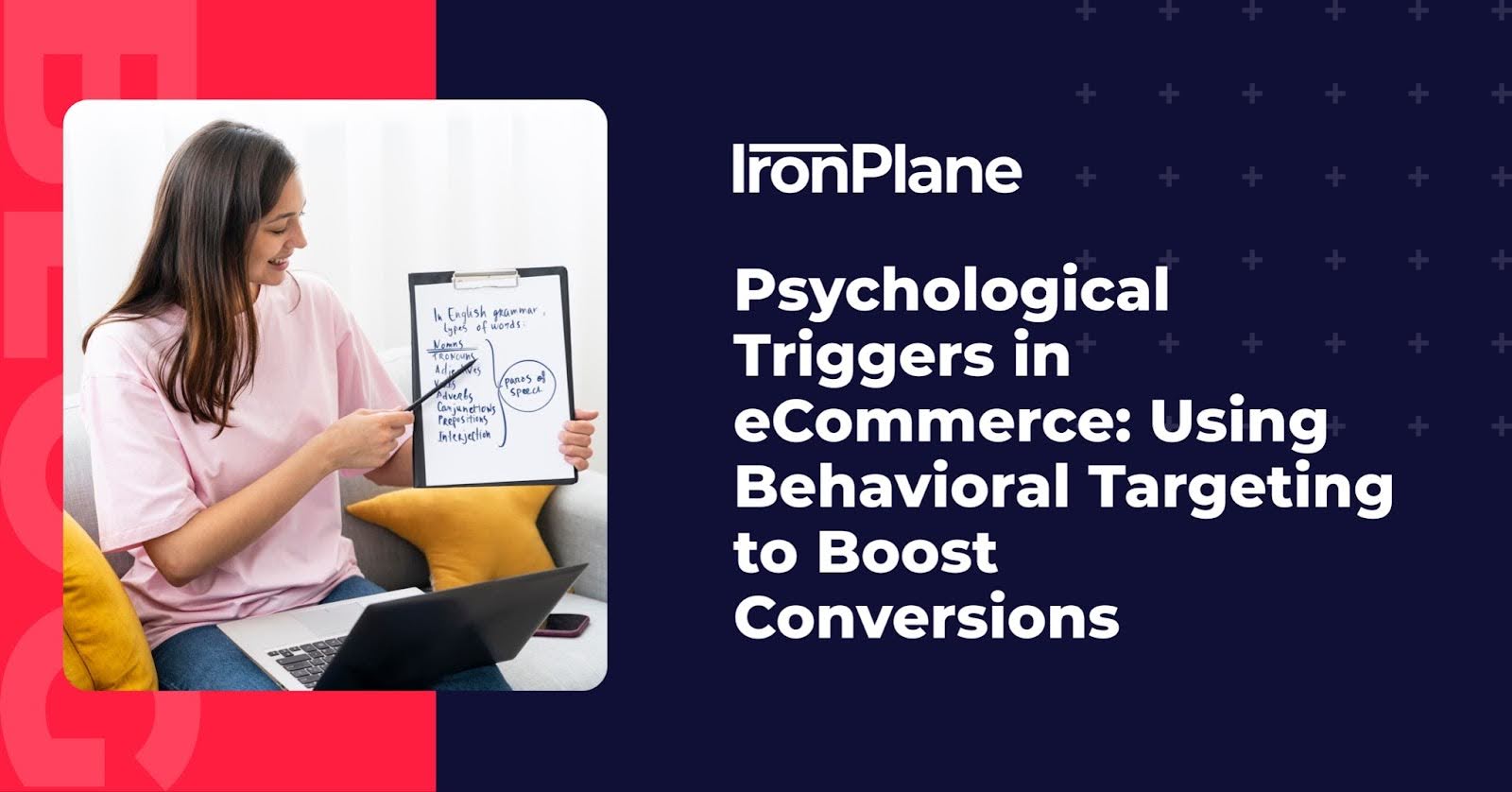The Importance of Customization for B2B eCommerce Businesses
Learn what B2B eCommerce customization entails, why it matters, and get actionable insights on how to begin customizing your site.
4 min read
 Jeff Zoldy
:
July 10, 2024
Jeff Zoldy
:
July 10, 2024

Staying ahead of your competition requires more than just a robust product lineup and competitive pricing. The secret sauce often lies in two critical components: user experience (UX) and conversion rate optimization (CRO). When strategically implemented, these elements can work together to transform your eCommerce platform into a powerful tool for driving sales, enhancing customer satisfaction, and fostering long-term business relationships.
User experience encompasses all aspects of the end-user's interaction with your company, its services, and its products. For B2B eCommerce, this means ensuring that your platform is intuitive, efficient, and enjoyable to use.
In B2B eCommerce, where transactions are often complex and high-stakes, providing a seamless and satisfying user experience can be a significant differentiator. A well-designed UX reduces friction in the purchasing process, helping to streamline decision-making and increase customer loyalty.
A B2B eCommerce site often contains a wealth of information and products. Implement a logical, intuitive navigation structure to help users find what they need quickly and efficiently. Use clear categories, subcategories, and a powerful search function to guide users seamlessly through your site.
Leverage data to personalize the user experience. Use past behavior, preferences, and purchase history to offer tailored recommendations and relevant content. Personalization can significantly enhance user satisfaction and encourage repeat business.
Your product pages are crucial. Ensure they are well-organized, with high-quality images, detailed descriptions, and comprehensive specifications. Include customer reviews and testimonials to build trust and credibility.
A complicated checkout process can lead to cart abandonment. Streamline the process by minimizing the number of steps required to complete a purchase. Offer multiple payment options and ensure that the process is secure and straightforward.
CRO is the systematic process of increasing the percentage of visitors to your website who complete a desired action, such as making a purchase or filling out a form. For B2B eCommerce, this involves understanding user behavior and making data-driven improvements to enhance conversion rates.
Every visitor to your site is a potential lead. Optimizing your conversion rate can significantly impact your bottom line by turning more visitors into paying customers.
The relationship between UX and CRO in B2B eCommerce is symbiotic and essential for success. A smooth UX design — focusing on simplicity, responsiveness, speed, and accessibility — lays the foundation for a user-friendly platform that enhances customer satisfaction and loyalty. On the other hand, CRO strategies — such as A/B testing, heatmaps, and customer feedback analysis — aim to optimize the conversion rates by understanding user behavior and making data-driven improvements.
By harmonizing UX and CRO efforts, B2B eCommerce businesses can create a cohesive and engaging online experience that drives sales, builds trust, and ultimately leads to long-term success.
First impressions matter. Ensure that new users have a smooth onboarding experience. Provide clear instructions, tutorials, and support to help them get started quickly and efficiently.
Offer real-time support with live chat or AI-powered chatbots. These tools can address user queries instantly, provide personalized assistance, and guide users through the purchasing process.
Incorporate social proof elements, such as customer reviews, case studies, and testimonials, throughout your site. Social proof can build trust and influence purchasing decisions.
Design your site with a clear visual hierarchy. Use size, color, and placement to guide users' attention to the most critical elements, such as call-to-action buttons and key product features.
Given the increasing use of mobile devices for B2B transactions, ensure your site is fully optimized for mobile. This includes fast loading times, easy navigation, and mobile-friendly design elements.
Content is king in B2B eCommerce. Provide valuable, engaging content that addresses your users' needs and pain points. This could include blog posts, whitepapers, case studies, and how-to guides.
An efficient search functionality is vital. Implement advanced search features, such as autocomplete, filters, and sorting options, to help users find exactly what they are looking for quickly.
SEO is crucial for driving organic traffic to your site. Ensure your site is optimized for relevant keywords, has high-quality backlinks, and features well-structured content.
Regularly monitor your site's performance using analytics tools. Track key metrics such as bounce rate, average session duration, and conversion rate. Use this data to make informed decisions and continuous improvements.
Enhancing UX and CRO for your B2B eCommerce site is not just a one-time effort but an ongoing process. By focusing on these critical aspects, you can create a more user-friendly platform, drive higher conversion rates, and ultimately achieve greater business success.
Remember, the key is to continuously test, analyze, and optimize based on data and user feedback. Embrace these strategies, and watch your B2B eCommerce business thrive.
UX focuses on the overall experience of users on your site, including design, navigation, and usability. CRO, on the other hand, is specifically about increasing the percentage of visitors who take a desired action, such as making a purchase.
Start by simplifying navigation, personalizing user experiences, optimizing product pages, and streamlining the checkout process. Use data and customer feedback to identify and address pain points.
Effective strategies include A/B testing, using heatmaps and analytics, gathering customer feedback, optimizing landing pages, and improving site speed and functionality.
With more B2B buyers using mobile devices for research and transactions, ensuring a seamless mobile experience is crucial. This includes fast loading times, easy navigation, and mobile-friendly design.
Customer feedback provides valuable insights into user preferences and challenges. Use surveys, reviews, and direct feedback to inform your UX design and CRO strategies.
High-quality content can attract and engage your target audience, providing valuable information and building trust. This includes blog posts, case studies, whitepapers, and how-to guides.

Learn what B2B eCommerce customization entails, why it matters, and get actionable insights on how to begin customizing your site.

In the world of eCommerce, understanding the psychology behind consumer behavior is key to driving sales and boosting conversions.

Explore 7 impactful AI eCommerce use cases for B2B sites. Elevate sales, streamline operations, and improve customer touchpoints with AI innovation.